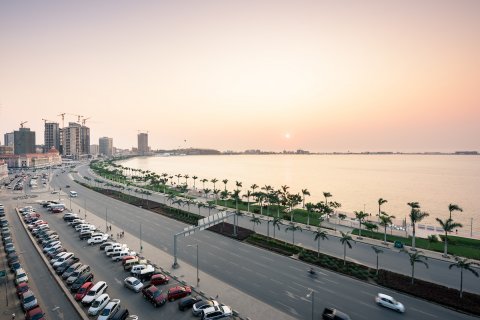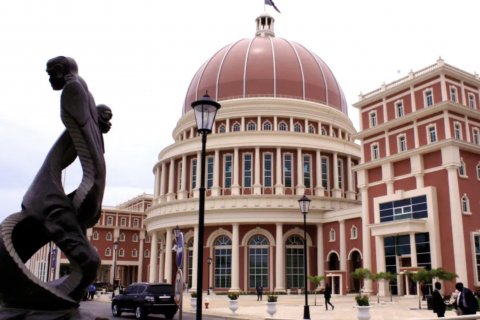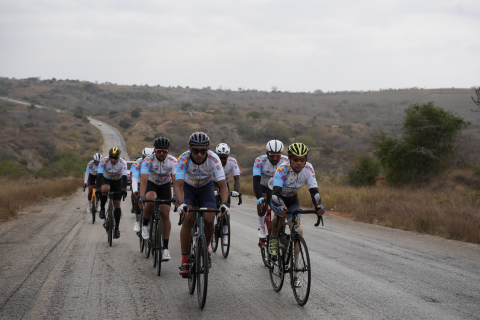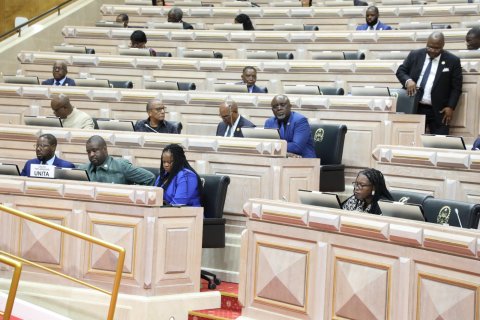According to the expert, the slowdown in monthly inflation should lead the Monetary Policy Committee of the National Bank of Angola (BNA) to maintain its main rates, after the 118th ordinary meeting that runs until Friday, in Cuando- Cubango.
"The prospects point to the maintenance of the current interest rates practiced by the BNA, this is because the slowdown in inflation, which has been seen in the last two months, the reduction in the increase in the monetary supply available in the economy and the stability that has been seen in exchange rate will then be able to justify this decision", the economist told Lusa.
Wilson Chimoco, who projected the BNA's monetary policy for July, considered, however, that price levels remain high (31 percent in June, stimulated by the rise in food and beverage prices), which would require the BNA to " more energetic position" to contain this increase.
"The latest decisions taken in November 2023 and Naneiro, March and May 2024, to worsen monetary policy, have had an effect and the effects [are] the slowdown in inflation in the last two months and we must continue to wait" , he stressed.
The decisions of the meeting of the BNA Monetary Policy Committee, which began this Thursday in the Angolan province of Cuando-Cubango, in the south of the country, will be announced on Friday, at a press conference.
The central bank decided, last May, to increase its policy rate from 19 to 19.5 percent and the Permanent Liquidity Provision Facility interest rate from 19.5 to 20.5 percent, aiming to curb inflation, when it decided to maintain the interest rate on the Permanent Liquidity Absorption Facility at 18.5 percent and increase the coefficient on mandatory reserves in national currency from 20 to 21 percent.
Chimoco, who understands that the BNA must maintain the aforementioned rates, pointed out, on the other hand, that the organization has been "very cautious" in the field of its policies "and, when necessary, presents a more considered position to worsen monetary policy ".
"I think it should not be the other way around at this meeting. They will give an indication that they are concerned and attentive to the evolution of the inflation rate, but they should not take additional measures to those already taken to contain price levels in the economy", he insisted .
The Secretary of State for Planning, Luís Epalanga, highlighted, in June, the positive impact of the measures on the productive sector, and, with that, on the inflation trajectory of recent months.
"The [variation compared to the previous month in] inflation in February was 2.58 percent, then it went to 2.54 percent, we had a peak of 2.61 percent again, due to the price adjustment of transport, and it stabilized last month [May] at around 2.41 percent, and our forecasts for the month of June are that it will be very close to two or well below that", highlighted the government official.
According to Wilson Chimoco, if prices continue to vary below 3 percent, it is likely that, by the end of 2024, the annual inflation rate will settle at 23 percent, the target set by the BNA for 2024.
"But, it is important to highlight that this evolution largely depends on the price of the food and non-alcoholic beverages class and the health class, these are the two main classes that have been registering an increase and that have been putting pressure on inflation in Angola. This trend could be moderated as the economy manages to produce more goods", concluded the economist.







